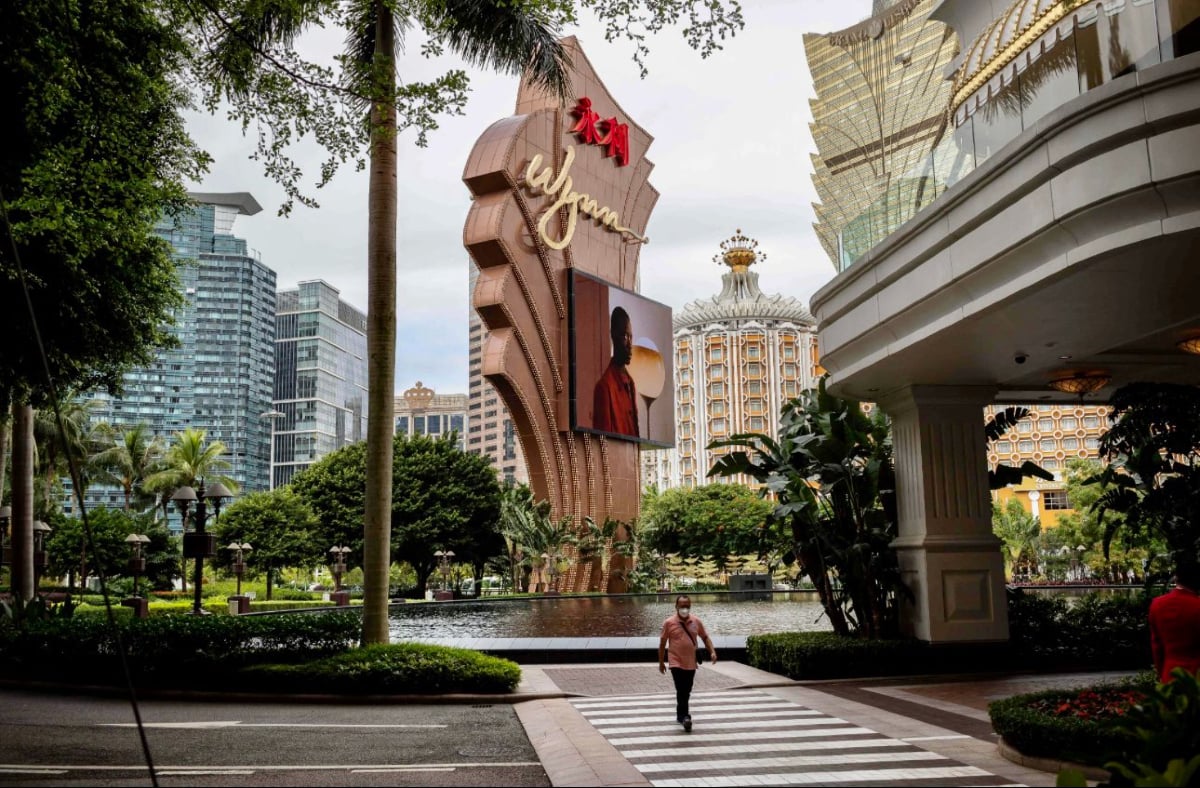Posted on: December 16, 2022, 09:37h.
Last updated on: December 16, 2022, 10:01h.
The Macau casino industry is set for at least another 10 years. That’s after the Chinese Special Administrative Region (SAR) signed new contracts with its six operators.

Las Vegas Sands, Galaxy Entertainment, Melco Resorts, Wynn Resorts, MGM Resorts, and SJM Resorts are the six chosen entities that will be allowed to operate games of fortune in the enclave from Jan. 1, 2023, through at least Dec. 31, 2033. Seven companies bid for the six permits, with outsider Genting Malaysia being the lone rejection.
Macau Chief Executive Ho Iat Seng signed the fresh tenders on Friday with representatives from each of the six licensees. Macau’s top government official thanked the six gaming operators for their efforts over the past three years to maintain employment throughout the pandemic. Their casinos have been vacant of meaningful visitor traffic nearly since the onset of the COVID-19 pandemic.
The casinos kept as many people on their payrolls as possible at the request of the local government. Macau’s casino industry is the economic lifeline of the area. The gaming sector is also the region’s largest employer.
Concession Conditions
As previously announced, Macau is requiring that a local executive control at least 15% of the licensee under the next regulatory arrangement. Previously, each licensee was required to have 10% local ownership.
Macau is additionally requiring that each company invest heavily in non-gaming projects. At the direction of Beijing, Macau has been encouraged to diversify its economy away from gaming.
Casino.org reported recently that Macau would require the six casino firms to collectively invest between MOP100 billion (US$12.5 billion) to MOP160 billion (US$20 billion) during their 10-year concessions. Today, Macau officials confirmed that the official investment number is MOP118.8 billion (US$14.82 billion).
Macau said the bulk of the budget must go toward noncasino investments. The local government has ordered that MOP108.7 billion (US$13.6 billion) — or more than 91% — be allocated toward nongaming improvements.
What we hope is that the development of non-gaming projects can consolidate Macau’s position as a world center of tourism and leisure, while also support our gaming industry,” said Macau Secretary for Administration and Justice André Cheong Weng Chon.
Cheong added that the gaming operators have until September 2023 to inform the local government as to how the licensee plans to satisfy the capital spending mandate. Macau didn’t break the spending down by operator.
Business Rebound
Investing nearly $15 billion into their resorts in exchange for fresh 10-year operating privileges would have been a no-brainer for the casinos prior to the pandemic. The six gaming giants jointly won $36.5 billion on their gaming floors in 2019.
But China’s “zero-COVID” response to the pandemic has kept normal life on pause for more than three years. The policy has cost Macau’s gaming companies greatly.
Gross gaming revenue in 2020 dropped to $7.5 billion — the region’s worst year since 2006. GGR improved to $10.8 billion in 2021, but has since retracted this year.
Macau casinos have been bleeding cash throughout, as the glitzy multibillion-dollar integrated resorts the companies operate cost millions of dollars a day to maintain. The outlook for the industry depends profoundly on how China proceeds with the coronavirus in the coming months and years.
